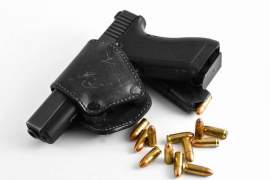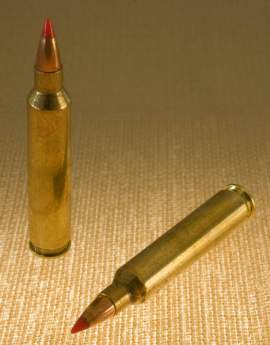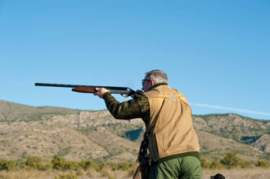
Easy Guide to Shotgun Laws

Ironically, shotguns are more casually regulated in the United States when compared to smaller or weaker firearm counterparts.
Although more powerful than most consumer guns, the laxity in regulation is present because shotguns play a vital role in various recreational activities, such as hunting or target shooting. Generally long guns such as shotguns or rifles are primarily used for such sports, and thus meet far less restriction in regards to permits, licenses, or registration requirements.
Unlike handguns,which are responsible for roughly 70% of annual firearm homicides, shotguns have a surprisingly small effect on our country's violent crime statistics. The loose laws pertaining to shotguns, thus stem from both necessity, and tradition. Similar to other classifications of firearms, shotguns are regulated by varying state and Federal governments.
Regulations on a federal level for shotguns pertain to length, barrel size, firing rates, and caliber. The length of a shotgun barrel for instance must be at least 18.5 inches or else the firearm is classified as a short barreled shotgun, and deemed illegal under the National Firearms act of 1934. Shotguns with semi-automatic or fully automatic capabilities are also regulated under the National Firearms act of 1934 and require special permits for purchase by an ordinary citizen.
Shotguns used by police enforcement or the military are also federally regulated and require special taxes, background checks, training tests, and a justifiable reason to own such a weapon. The federal government acts as a broad umbrella for gun laws; it simply regulates those firearms which have no justification for use in society.
The goal of the Federal government is to control weapons that pose violent threats to everyday citizens. The age limitations for a shotgun is an example of this belief-an individual must be at least 18 years of age to buy a shotgun, and 21 years of age to purchase a handgun. Even though the handgun is much weaker in regards to firing power and size, it is regulated more scrupulously because of the violent impact its had on society.
The complexity of gun laws is found at a state level, in the form of varying regulation and differing processes. To better illustrate America's lenient stance on guns all one has to do is look at the average state regulation for shotguns or rifles.
The mean requirements essentially minimal-no permit is required at purchase, ownership of the shotgun is not necessary, nor is licensing, and a permit is not even needed to carry or conceal. The most common regulation found in state's gun law fall under "state preemption of local restrictions," which simply disallows an individual to use a shotgun in a restricted area or ground.
Gun control laws vary widely based on state but for the most part-areas with expansive hunting grounds (states in the Midwest and deep South) will adopt a lenient stance towards the purchase and use of such firearms. There are a handful of states and jurisdictions that do require a permit to purchase a shotgun such as:New Jersey, California, Colorado, Massachusetts, New York City, and Illinois are examples.
Variation is also found in concealment laws. The previous states and jurisdictions all require permits to conceal as well as a few others including-Utah, Colorado, Connecticut, and Iowa. If you are an avid hunter or sportsmen, having knowledge of your state's shotgun laws is critical to avoid stress, fines, or further punishment.



















